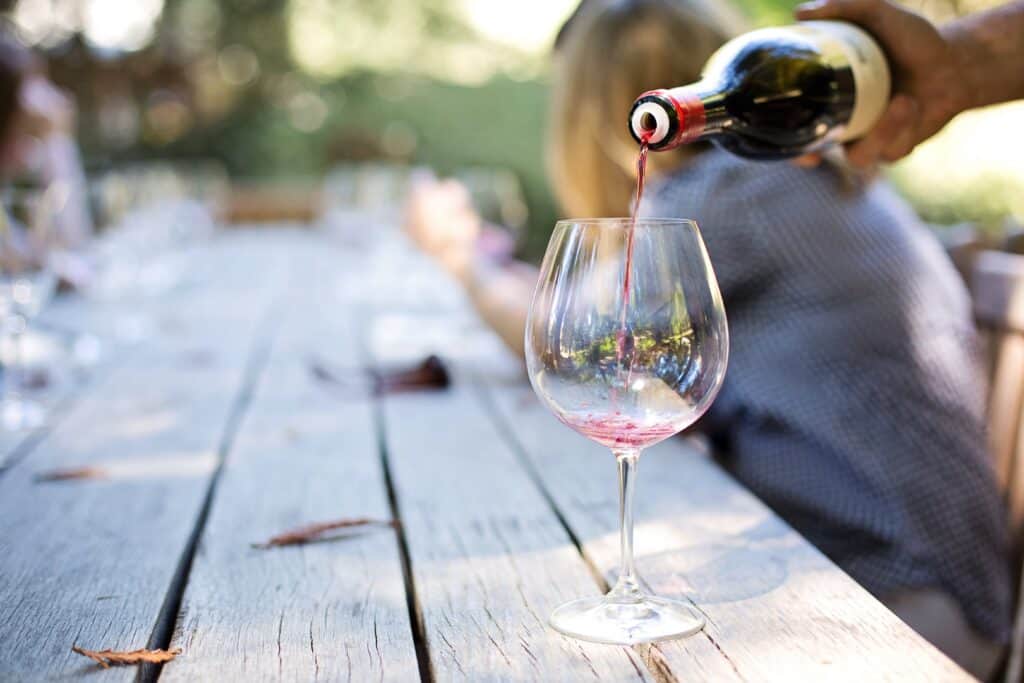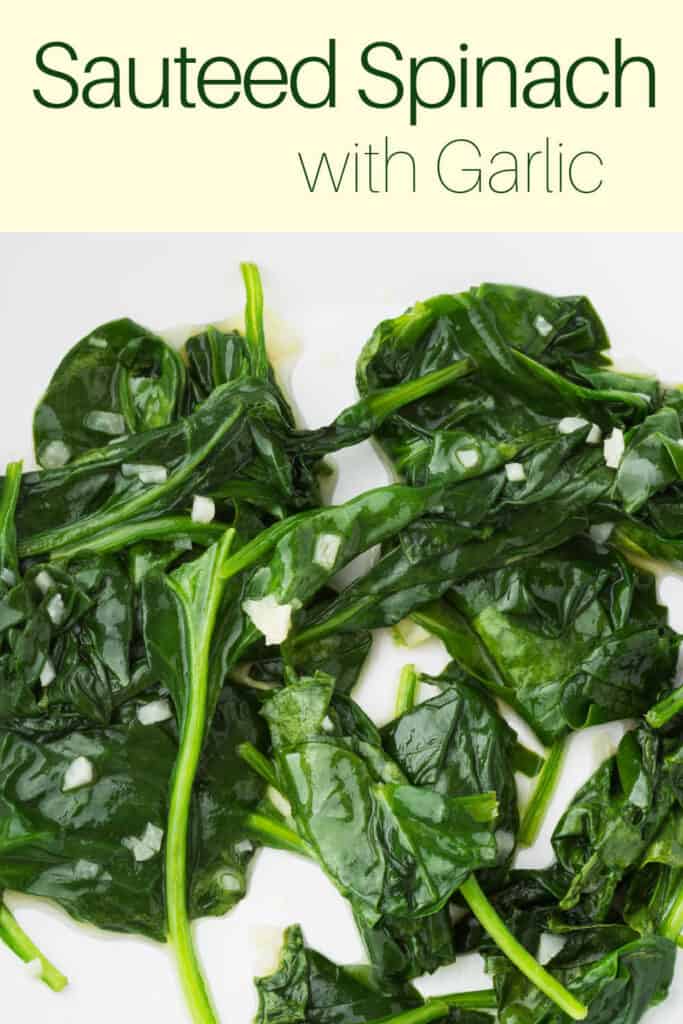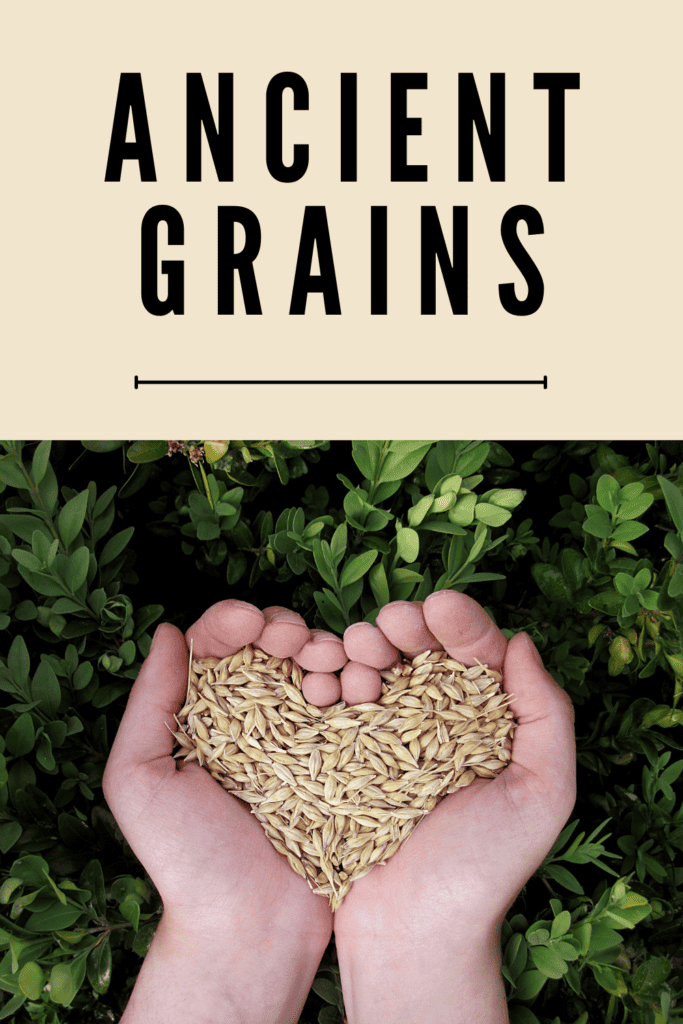Biodynamic wine has gained momentum due to growing consumer interest in sustainable and organic products. But what exactly does that involve?
It’s Organic
Unlike organic wine, which is only partially organic and must comply with USDA regulations (that include no synthetic herbicides or pesticides), biodynamic wines go even further. Winemakers must follow the principles of Austrian philosopher Rudolf Steiner, who advocated for a balanced, harmonious ecosystem for agriculture. This approach emphasizes planting and harvesting according to the astrological calendar and field preparations – such as boiling or fermenting stinging nettles, burying cow horns filled with manure, and composting chamomile flowers in animal intestines.
These preparations increase soil health, improve nutrient availability, and protect against fungal disease. Likewise, biodynamic winemakers don’t use chemical herbicides or pesticides to protect their vineyards and must follow strict sulfite limits (no added sulfites). Typically, you can tell a wine is biodynamic by looking for the label or checking the back of the bottle.
Biodynamic wines are celebrated for their distinctiveness and the emphasis on the interconnectedness of the vineyard ecosystem. While the practices might seem unconventional, discover the unique qualities of biodynamic wine that contribute to environmental stewardship.
It’s Spiritual
While biodynamic wine may seem like a new trend, it’s an ancient practice that has been around for almost a century.
The vineyard is seen as a living organism, and farmers aim to strengthen this ecosystem through natural preparations and careful timing. The biodynamic calendar aligns with moon phases and zodiac signs and helps winemakers determine the best days for different viticultural activities. For example, winemakers harvest grapes on fruit days (which correspond with fire signs) while pruning vines on root days (which coincide with earth signs).
The resulting wines are full of life and express their unique terroir more accurately thanks to the healthy soil and balanced vines.
It’s Biodynamic
Biodynamic winemakers use a holistic approach to growing grapes and make wines that promote balanced and healthy vineyards. They do this by focusing on bringing the land back to its natural state through sustainable farming and creating an ecosystem supporting growth.
Steiner believed plants needed more than soil, water, and sun to thrive. He developed a set of “field and compost preparations” to help them express their potential. These include horn manure 500, horn silica 501, and common horsetail 508, and each has its own unique qualities that promote plant health.
Winemakers certified biodynamic must follow strict rules regarding cultivation and production. While these wines are more expensive, they are guaranteed to be made by a sustainable vineyard.
It’s Unique
Biodynamic wines are said to be more full of life and have a distinct sense of place or terroir. This may be because biodynamic winemakers use special mixtures called “biodynamic preparations” that can enhance soil health, encourage root growth and help vines better suck up nutrients.





